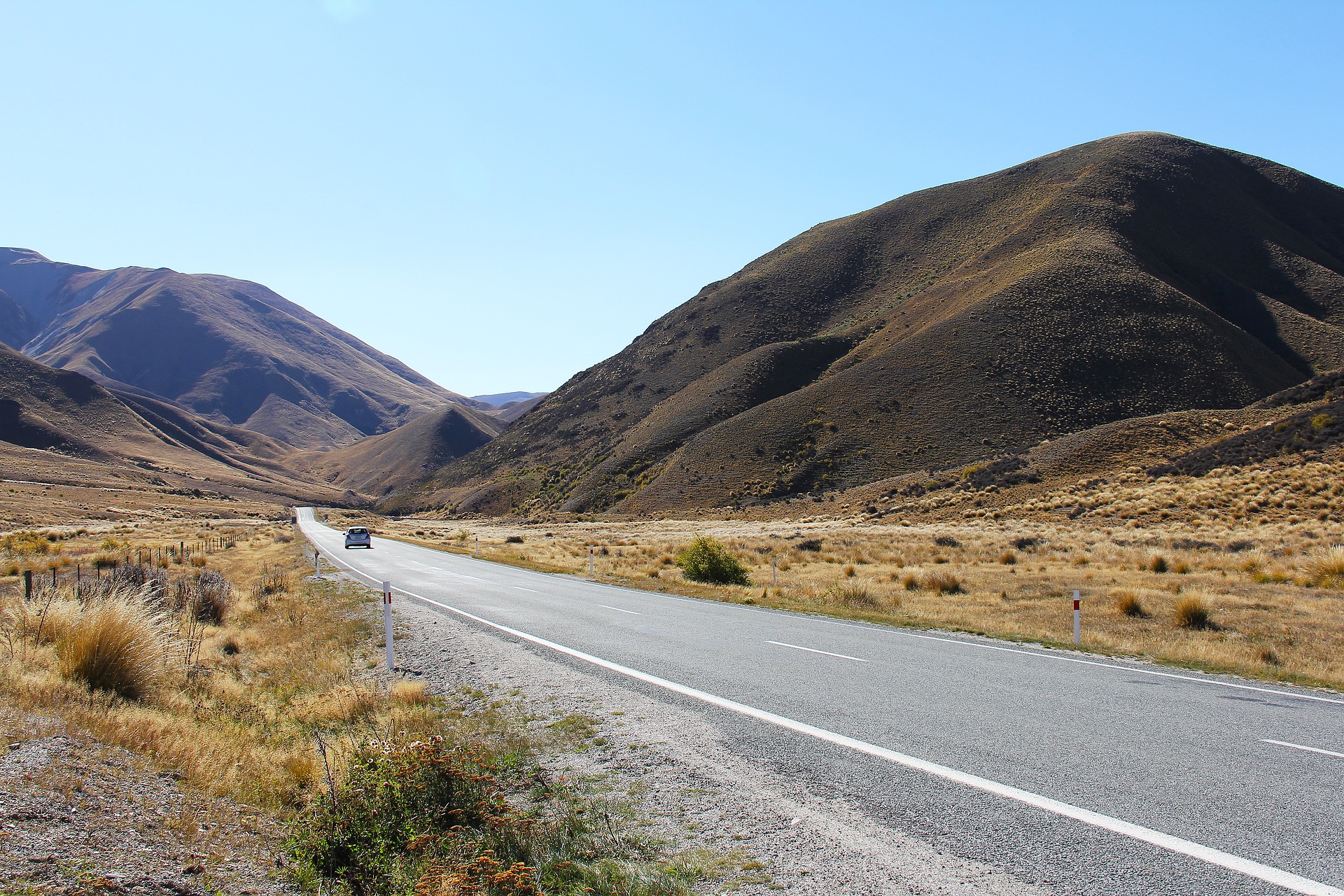New Zealanders love road trips. Whether we’re taking trips to the beach or travelling the country with friends, our cars receive a lot of usage during the summer.
It is best to prepare our vehicles so that we can deal with any unexpected problems, especially when we are far away from home. Keep your car running healthy by following the checklist below.
1. Check your tyres.
There is nothing worse than having a tyre go flat in the middle of nowhere. Before you go on a long trip, it is important to check the condition of your tyres. You should also keep a spare tyre in your vehicle at all times in case of a puncture.
2. Beware of high engine temperatures.
Engines are more prone to overheating in hot weather. It is important to keep an eye on your engine temperature, particularly on long drives. If your temperature gauge is reaching a critical level, pull over to the side of the road and give your car a rest.
Do not attempt to remove the radiator cap straight away. An overheating engine can reach very high temperatures and produce steam.
If the high temperatures persist, you may have a damaged radiator. In this case, it is best to get your car towed to prevent any engine damage.
In order to prevent overheating in your car’s engine, you should:
- Avoid reaching high revs.
- Regularly top up oil and fluids as necessary.
- Make sure that all hoses are in good condition.
3. Bring the following items.
Putting together a kit full of the following items can help improve driving safety.
- A bottle of water – handy for topping up the car’s radiator if it is overheating. Water will also keep you alert and hydrated.
- A spare tyre + tyre changing kit – in the case of a puncture.
- Sunglasses – sunny weather can cause strong glares on your windscreen, impairing vision.
- Jumper cables – to jump-start a dead battery.
- A torch and batteries – to see in the dark. Don’t rely on your phone.
- Vehicle manual – to refer to if necessary.
4. Don’t exceed your vehicle’s maximum weight capacity.
Having a car full of heavy items can put a lot of strain on the vehicle, affecting its performance and fuel consumption. Your vehicle manual should specify a maximum weight restriction.
5. Consider getting your car serviced.
Is your car making strange noises or behaving strangely? If so, you should seek professional advice before taking it on any long drives. A mechanic will be able to tell you what is wrong with your car and how you can fix it. Additionally, a fresh oil change and fluid top up will keep your vehicle driving smoothly.
We offer advanced vehicle servicing in Hamilton.
6. Take a break if you are tired.
Fatigue can reduce reaction times while driving. To avoid this, you should take a break from driving every 2-3 hours. If you have passengers with drivers licences, consider taking turns driving so that you can both remain alert.
Additionally, it is important to remain hydrated and well fed when driving. Hunger and thirst can distract the driver reduce reaction times.
7. Drive responsibly.
Sunny weather often means that more vehicles, cyclists and pedestrians will be using the road. Therefore, it is important to consider your surroundings. In order to reduce your chances of being in an accident, you should do the following:
- Drive slowly through highly populated areas (under the speed limit if necessary).
- Drive defensively. Be prepared for other drivers to make mistakes.
- Don’t use your phone while driving, especially in high-speed zones.

